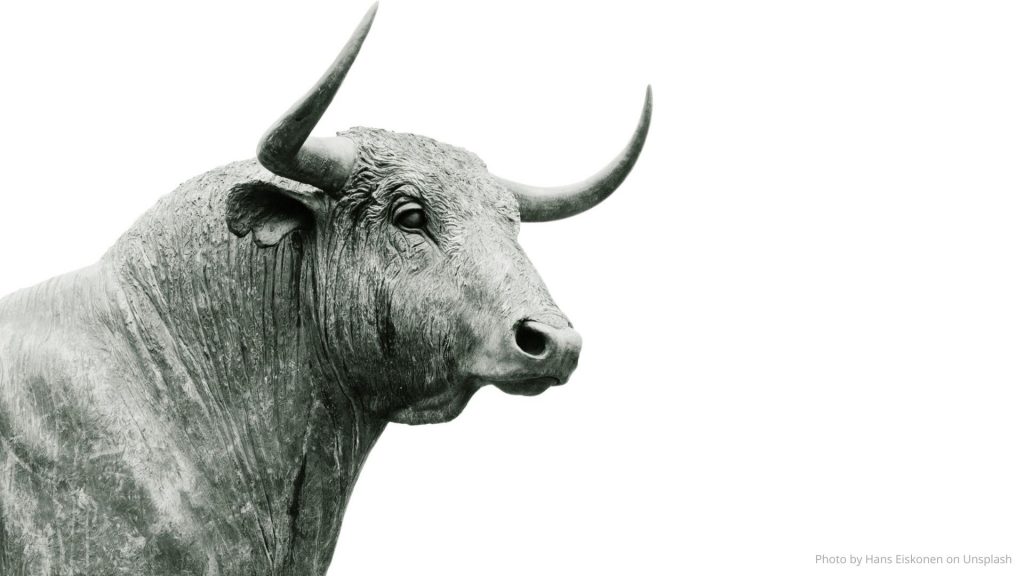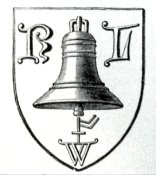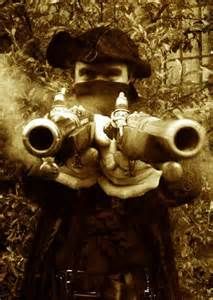History for Children
A really nasty history of Wokingham for children! from Saxon times to the present day.
Where did Wokingham come from and who lived here?
- In Saxon times, Wokingham was the home of an important chief called Wocca. It means ‘Wocca’s People’s Home’. He owned other villages at Wokefield, near Stratfield Mortimer, and at Woking, in Surrey.
- Wokingham was near the centre of Widsor Forest. The Forest people had their own court called the ‘Verderers’ Court’. It was held in Wokingham.
- Wokingham was an industrial medieval town. The ‘Bell Foundry’ was very important. Bells for churches all over the south of England were made there.
- During the Reformation of the Church in Tudor times, the Protestant Flems fled from Belgium. A group of weavers settled in Wokingham. It became well-known for making silk.
- A group of the King’s soldiers came to Wokingham during the English Civil War. They were being besieged at Reading and wanted fire-wood and bedding. The townspeople told them to go away. So the soldiers burnt down some of their houses!
- In 1661, a man left the town money in his will to buy a bull with every year. The bull was ‘baited’. This means it was chained up and attacked by dogs until they killed it! This horrible ‘sport’ was very popular and Wokingham became famous for it. It was banned in 1821.
- In Georgian times, the town was the headquarters of a gang of criminals called the ‘Wokingham Blacks’. They painted their faces black and went about Windsor Forest, poaching, robbing, blackmailing and even murdering the local people! The ringleaders were captured and hanged in 1723.
- The well-known poem about ‘Fair Molly Mogg’ was written at the Rose Inn in Wokingham. The authors were the famous poets, Pope, Gay, Swift and Arbuthnot. They were sheltering there from the rain. Molly was the sexy barmaid.

In The Beginning…
Right where you’re standing used to be a big forest. This forest was so huge it stretched all the way over to Windsor. One day a small group of people came through the forest and found a spot that they thought would make a nice home. These people were ruled by a Saxon chieftan called Wocca and they obviously had little imagination so they called their new home Wokingham which means ‘Wocca’s People’s Home’…although it may have been ‘Wocca’s Ham’ and had something to do with his favourite sandwich filling!!
The people of Wokingham lived very happily off the land until 1066 when William the Conqueror popped over from France and introduced very strict ‘Forest Laws’. This meant that if you were a lowly forest dweller and you were found hunting or killing deer, boar, rabbits (and possibly pulling up carrots) you could be punished by blinding, having one of your hands cut off or even execution. Thankfully though a few years later Waitrose came to town and everything calmed down a bit.
Wild Wokingham

If you were an animal or a vegetarian or vegan in Wokingham before 1821 you wouldn’t have been a very happy bunny as it was known for it’s horribly barbaric and bloodthirsty ‘sports’.
It was a very rough, tough town and finding fun things to do must have been a struggle so the locals turned to their animals. Cockfighting was very popular and there is still proof of this as you can still walk down Cock Pit Path (happily, there is no cockpit down there anymore!).
What Wokingham was really famous for though was Bull-Baiting. It all started when a local butcher called George Staverton was mauled by a bull (the bull must have had his reasons) and he left the rent from his house to provide a beast for the townsfolk to bait every year in the Market Place on St. Thomas’ Day (21st December). Nothing like holding a grudge Mr Staverton!
Thankfully other animal based ‘sports’ like slug wrestling, fox boxing and squirrel scuffling failed to catch-on.
Woky 9 to 5


Wokingham has been famous for many different industries and occupations in it’s history. It was particularly well-known for it’s Bell-Foundry (which was actually near Broad Street not Bell-Foundry Lane where the owners of the Foundry lived – bet that confused a few people!) and many churches across Southern England still ring out on Wokingham bells.
For a while Wokingham was famous for it’s silk and textiles industry, so you were never very far away from getting a new pair of pantaloons or a nice tunic and the Lush Brothers who made coaches and carriages for most of the royalty of Europe were also based in Wokingham. It had thriving Brickworks, Timber Yards, Breweries and Pubs as well.
So you could have a house made of Wokingham brick and timber, be woken up by your very-own Wokingham bell, travel around town in a posh carriage looking like a fashion icon in your Wokingham-wear outfit…oh and you’d never go thirsty!
Naughty Naughty!

For a long time Wokingham was very wicked and lots of naughty people lived in the town.
A French Highwayman called Claude Duval worked in the area robbing stagecoaches. It was so profitable for him it is rumoured he bought a cottage in the locality. You would have thought people would have been suspicious when he left his house every evening with his black mask, gun and swag bag but he was apparently very charming and gallant so he got away with it!
There was also a very infamous gang of ruffians, robbers and all-round naughty boys called the ‘Wokingham Blacks’. They got their name because they blackened their faces and went around the area stealing, blackmailing, murdering and generally scaring the living daylights out of the locals. They might have been a bit fearsome but they were also a bit stupid and they were eventually caught by undercover Bow Street Runners (policemen).

